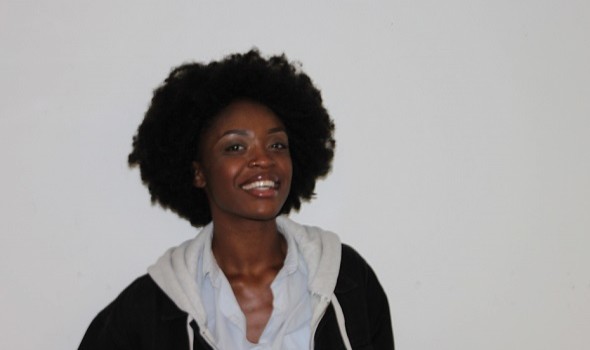What Do We Gain From Refugee Week?
What Do We Gain From Refugee Week?

I sit at my desk on the Monday of Refugee Week and just so happen to scroll upon an article that lists 10 contributions made by refugees to British society. These achievements include:
- The architectural designs of Hampton Court,
- The potential origins of fish and chips,
- Marks and Spencer,
- and the Mini car.
I will admit that these are pretty cool. In fact, Hampton Court was my first destination when I arrived in London. I order fish and chips at pubs, but I do prefer the pie. I once walked an extra 15 minutes to get to the nearest Marks and Spencer rather than the much closer Sainsbury’s. Plus, the Mini-car is on my list of cars not to get because I consider myself too tall for it. I interact with all four of these contributions and did not realize that each derived from people who once fled their countries. Yet, my ultimate thought as I read this list is that none of these should be of any surprise or be a means to justify migration.
This list is a two-edged compliment that acknowledges great givings, yet simultaneously presents proof that refugees are beneficial, not so bad, or indirectly part of our everyday lives, so join in on the celebration! Consequently, it seems to forget that the real focus, not merely of this week but also beyond it, should be about the safety and protection of refugees who are vulnerable global citizens. It overlooks the fact that movement is human and even more so under dire conditions of persecution or war. The matter of entrance should not be measured by what these people can deliver, but rather on the value of human life.
It is exciting and necessary to highlight these accomplishments or contributions, but there are harsh realities of detention centers, camps, and a resurgence of nationalist sentiments in “progressive” nations. These occurrences cast a long shadow over the week and quite frankly make this list rather ironic, but really, why should there be notifications that a refugee is capable of giving to a society? Refugees are not much different from anyone else especially if one puts aside aspects such as religion, class, or ethnicity, which are multiplicitous in any nation, and just observe circumstance. Plus, even if there is now proof like this list does this change the exclusive policies or expensive border control operations that are currently in place? Will the U.K. increase its number of refugees for resettlement or...?
This week is education, celebration, and community, which is powerful particularly because of the current hostile attitudes towards migration. However, it is also meant for those who do not identify as a refugee. Ignorance is bliss, right, and it is easy to construct a disparate image of a ‘refugee’ when there is distance created by media and politics. This must be the reason for a list of contributions as if it might put people at ease to know that the store where they just bought a bag of sweet, red apples was only possible in part through a refugee. Who is to really say whether or not these same people will revisit the thought the following week when another article on border crossings surfaces?
Overall, I am elated for the dialogues that this week shall spark and it is thrilling to see people coming together around the issue. However, my hope is that intentional thoughts, genuine concerns, or critical conversations are not simply relegated to June 19th-25th or that this one week of the year becomes commodified until it no longer carries the same impact. My wish is that is might spur our own movement to not merely engage in conversation, but work towards greater action.


